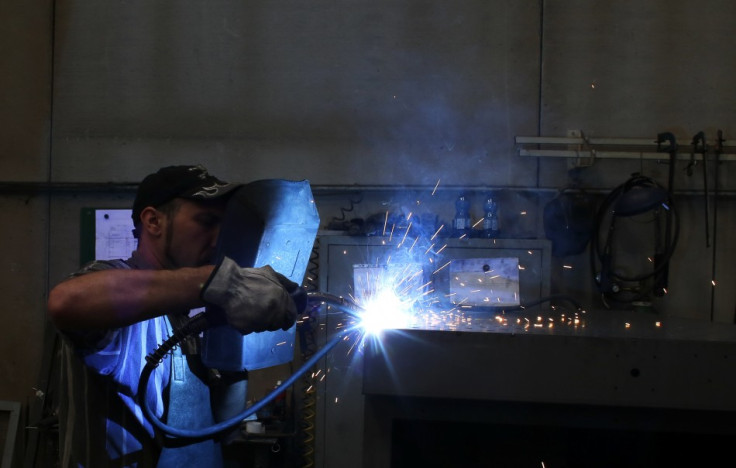Recession-Hit Italy's Industrial Revenue Drops 7.2% in April

Industrial revenues in recession-hit Italy rose 0.6% in April, over March, 2013, supported by overseas sales. However, year-on-year revenues dropped 7.2% in April.
The Eurozone's third biggest economy has been stuck in recession since mid-2011, forcing thousands of companies to shut down and driving up unemployment in the process.
The seasonally adjusted industrial turnover index was boosted by a 2.4% increase in non-domestic sales in April, government data showed. Sales in the domestic market dipped 0.3%
The seasonally adjusted industrial new orders index increased by 0.6% over March 2013, boosted by a 3.3% increase in non-domestic sales, according to Italy's statistics office Istat. Sales in the domestic market were down 1.3%.
The industrial turnover index measures the monthly progres in sales by industrial enterprises at current prices. The new orders index is an indicator of the value of future deliveries of products - or services directly linked to these products - to be provided by industrial producers.
Italy's GDP contracted 2.3% on an annual basis during the first three months of 2013, when industrial production fell 4.4%. In comparsion, the 17-nation eurozone's economy contracted by 0.9% on an annual basis in the first quarter of 2013.
12% of Italy's working population is unemployed and about four in 10 Italians aged between 15 24 are out of work. In comparison, two in 10 Britons aged between 16 and 24 were out of work in the first quarter of 2013, official data showed.
Italy is now battling recession on a war footing. The government recently rolled out an anti-crisis package, dubbed the 'to do decree' by the Italian media, which comprises of over 80 measures to boost growth. Among other things, the government plans to spend about €3bn on public infrastructure this year alone, creating 30,000 temporary jobs in the process. The country also hopes to reduce its electricity bills by about €500m; and provide Italian firms with financial support at reasonable costs.
© Copyright IBTimes 2024. All rights reserved.






